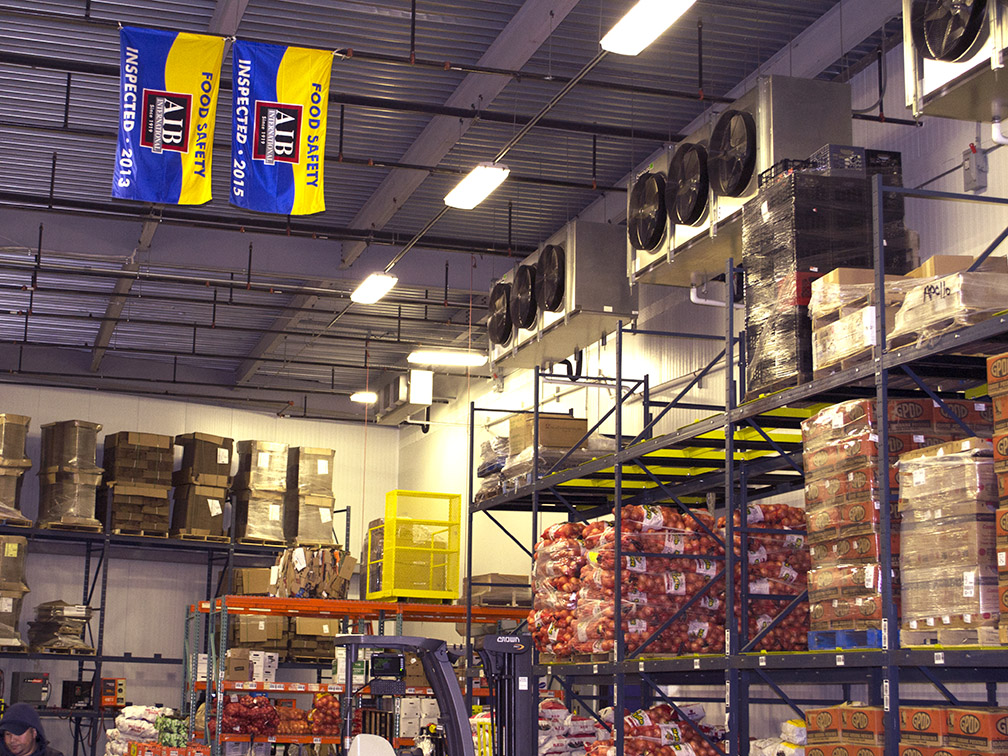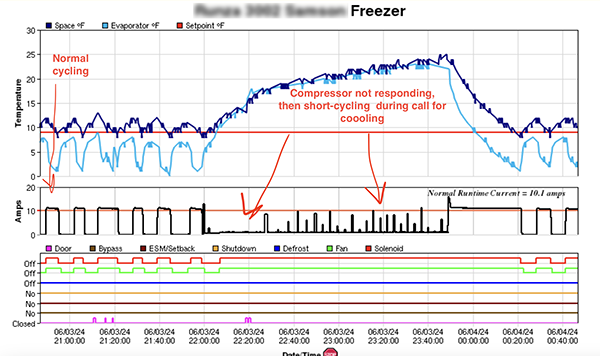As the EPA and other regulatory bodies discuss hydrofluorocarbons and other refrigerants with “global warming potential,” it will be up to those in the cold storage industry to future-proof their operations and focus on data to maintain profitability.
It is safe to say that the cold storage industry, and how their facilities operate, have reached a critical decision point. Mainly driven by external factors, including a growing global dedication to more environmentally-friendly processes, sweeping changes to large-scale cooling and refrigeration are coming.
In an article for The Packer, focusing on what the future holds for cold storage professionals, Ted Kohlenberger of NRM mentions how adaptation and big data will be key. “A major discussion topic over the last 18 months is refrigerant management issues and regulatory concerns related to the EPA initiatives to phase out hydrofluorocarbons and other refrigerants with ‘global warming potential.'”
Leaders and decision-makers have floated the idea of utilizing more natural refrigerants to lessen the coolants’ impact on the environment. “Ammonia, carbon dioxide, propane, butane and methane. These are all age-old, trusted, effective refrigerants from the turn of the (20th) century. None are perfect. They have other challenges that go with them, but what is old is new again, so we’re seeing a resurgence of turn-of-the-century refrigerant fluids, particularly CO2 and anhydrous ammonia.”
While these less-sophisticated cooling processes are less cost-effective than some others methods on the market today, there are refrigeration-specific enhancements that can offset a switchover. And such enhancements are gaining more and more in popularity, and integration, in the industry because they provide benefits beyond reducing energy costs.
For starters, they provide the necessary data to ensure systems meet any new regulations or initiatives that are put in place.
According to Kohlenberger, “The implementation of some of the more rigorous FSMA initiatives become due, and it’s going to require more and better data, and better consolidation analysis of that data.”
Craig Mack, Director of sourcing at Robinson Fresh, says such enhancements also improve day-to-day operation. “Temperature monitoring solutions have been developed to create visibility to protecting the overall cold chain for both tractor-trailer and facility-based operations. Automated air purification technology eradicates produce-spoiling ethylene gases, as well as mold and bacteria, and high-pressure pasteurization and electronic cold pasteurization food treatment systems ensure food safety and extend shelf life.”
As safety and quality guidelines continue to evolve, it’s imperative that businesses in the industry stay with the times. Technologies and enhancements are rapidly bringing refrigeration systems up-to-speed, so to speak, and the companies who incorporate such solutions are the ones who stand to rise above their competitors.
For the full article, read it here at the digital version of The Packer.



